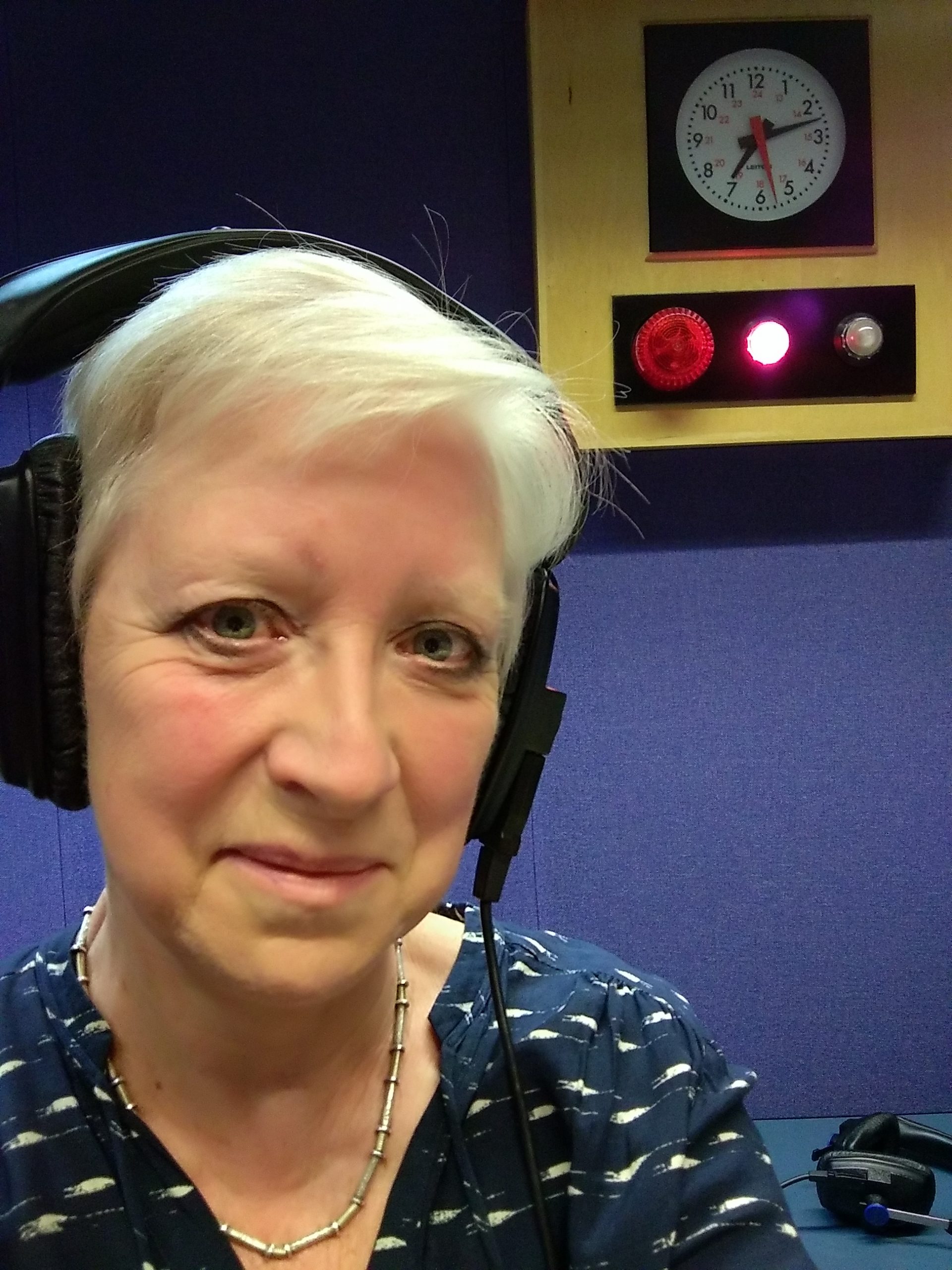 Last night I was on the BBC Radio 4 arts programme Front Row, taking part in a discussion about playing from memory. Presenter Stig Abell spoke to me and Torun Saeter Stavseng, principal cellist of the Aurora Orchestra, who are about to perform Shostakovich’s 9th Symphony from memory at The Proms.
Last night I was on the BBC Radio 4 arts programme Front Row, taking part in a discussion about playing from memory. Presenter Stig Abell spoke to me and Torun Saeter Stavseng, principal cellist of the Aurora Orchestra, who are about to perform Shostakovich’s 9th Symphony from memory at The Proms.
Listen to the Front Row interview on iPlayer here.
It’s unusual for an orchestra to perform from memory, though there are a few historical examples including the Meiningen Orchestra in Germany during Brahms’s lifetime. Even at the time, opinions varied about whether the experiment was worth making or not. On the plus side: once they have memorised the music, members of the orchestra can look around, notice more, even move around. They are not tethered to their music stands. They could arrange themselves in new ways, playing from amongst the audience, perhaps, or standing around the perimeter of the hall to provide ‘surround sound’.
On the minus side, the effort of playing from memory makes some people more tense than they would otherwise be. Instead of opening them up, it may make them more self-conscious. Perhaps it is easier if you’re in an orchestral section such as violins or cellos, with colleagues around you playing exactly the same musical part. You get swept along by the collective memory.
The Front Row interview began with an audio clip of the Aurora Orchestra playing from memory. Well, I’m a trained musician, but I wouldn’t have known if they were playing from memory or not. It made me realise that a live concert performance is about much more than just the sound. When you can see people playing from memory, it’s impressive – massively so in the case of a whole orchestra. But is the result also audible? That’s an interesting question. If I think about my favourite CDs, I’m pretty sure I would not be able to guess whether the artists were playing from memory or not when they made those wonderful recordings.
Torun Stavseng said that the Aurora Orchestra finds the memorising experiment profoundly worthwhile and I’m sure she’s right. Speaking for myself, although I do play recitals from memory, I probably feel most free when playing chamber music from the score. I always know the music very well, I can look around at the others, listen to them, glance at the music occasionally for comfort. And it’s surprising how often I see new things there when I do. Not new things, exactly: I perceive the written marks with extra attention.




I agree – I couldn’t tell from the clip that they were playing from memory, and I think that for some players memorising might well create extra tension, so they are less (rather than more) able to be totally involved in the music itself. And I wonder if part of the pleasure (even excitement) for the audience at Aurora concerts is seeing the players free to move around etc. If a soloist or chamber player knows the score well, playing with music available often only means having it there as an aide memoire – not scrutinising every note as if sight reading. And occasionally there can be musical freedom in concerts, as you say, spotting some new potential for expression on the page. We all have different working and learning styles. I would hazard a guess that the people who like to play from memory are more likely to be ‘aural first’, and those who like to have the score as an aide memoire more likely to be ‘visual first’. But memorising doesn’t necessarily make you a good musician and not memorising doesn’t necessarily make you a bad musician. Good musicians are good musicians however they arrive at this condition!